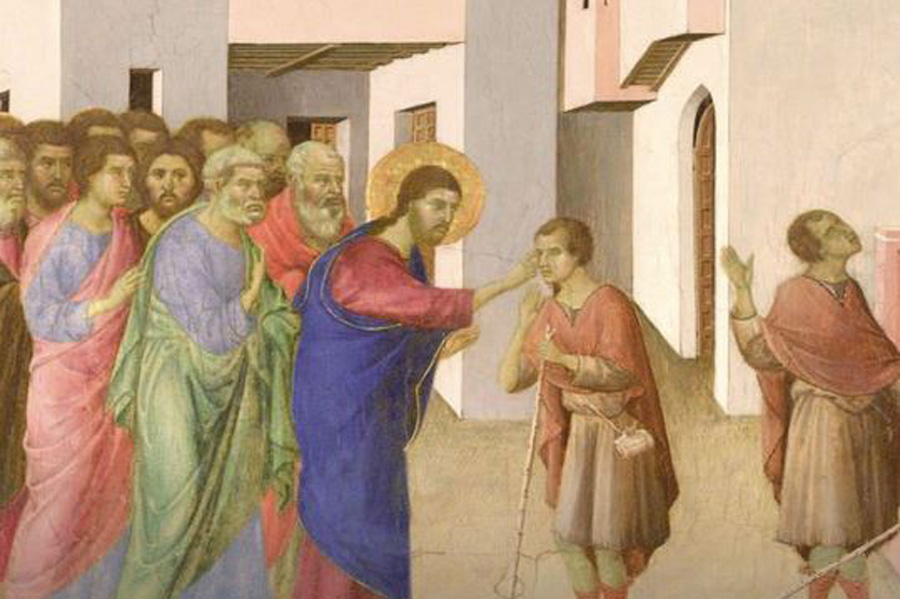
“The Our Father”: An In-Depth Examination. Conclusion
by Fr. Tony Okolo C.S.Sp., V.F. | 09/08/2024 | Weekly ReflectionBeloved Parishioners,
I wish to conclude my reflections on Our Lord’s prayer which I started sharing with you last week. As we conclude this reflection today, we look at the practical implications and how this prayer should guide us in our daily life activities. The Lord’s prayer I would wish to reiterate is a simple prayer but encompasses all that we can do in prayer.
Following the spiritual writer’s reflection on prayer, it should follow a sequence of Praise/Worship, Penance, Petition, and Thanksgiving and all these are found in the Our Father. Our Lord uses it to teach us how to pray and the best approach to prayer.
Throughout Church history, theologians and Church Fathers have explored the depth of the "Our Father." For instance, St. Augustine and St. Thomas Aquinas provided extensive commentaries on its meaning and implications. Their reflections have influenced Catholic teaching and devotional practices, offering insights into the prayer’s significance. In catechetical instruction, the "Our Father" is often studied as a comprehensive summary of Christian doctrine. The Catechism of the Catholic Church devotes significant attention to its meaning and relevance, teaching that the prayer encapsulates the entirety of Christian faith and practice. Further, the "Our Father" also plays a role in ecumenical dialogues, representing a common heritage among Christian denominations and fostering unity among different branches of Christianity.
What are the practical things we can gain from this writing? We learn that praying the "Our Father" invites us to personal reflection and meditation on its various petitions. This is so because each line can be a focal point for spiritual contemplation, prompting us to examine our lives in light of its teachings. Personalizing this prayer can deepen our understanding of God’s will and cultivate a spirit of gratitude and dependence. Further, the "Our Father" encourages our growth in practical virtues such as humility, forgiveness, and reliance on God. By praying the petition for daily bread, we acknowledge our dependence on God and develop a sense of gratitude. What is more? The call to forgive others fosters compassion and reconciliation, aligning our personal conduct with Christian principles. Finally, by reflecting on and embracing the teachings of the "Our Father" we can deepen our relationship with God and live out the principles of our faith in our daily lives. As we say this prayer silently and meditatively daily, let us live it out knowing that He Himself hears the supplications of our heart.
BACK TO LIST